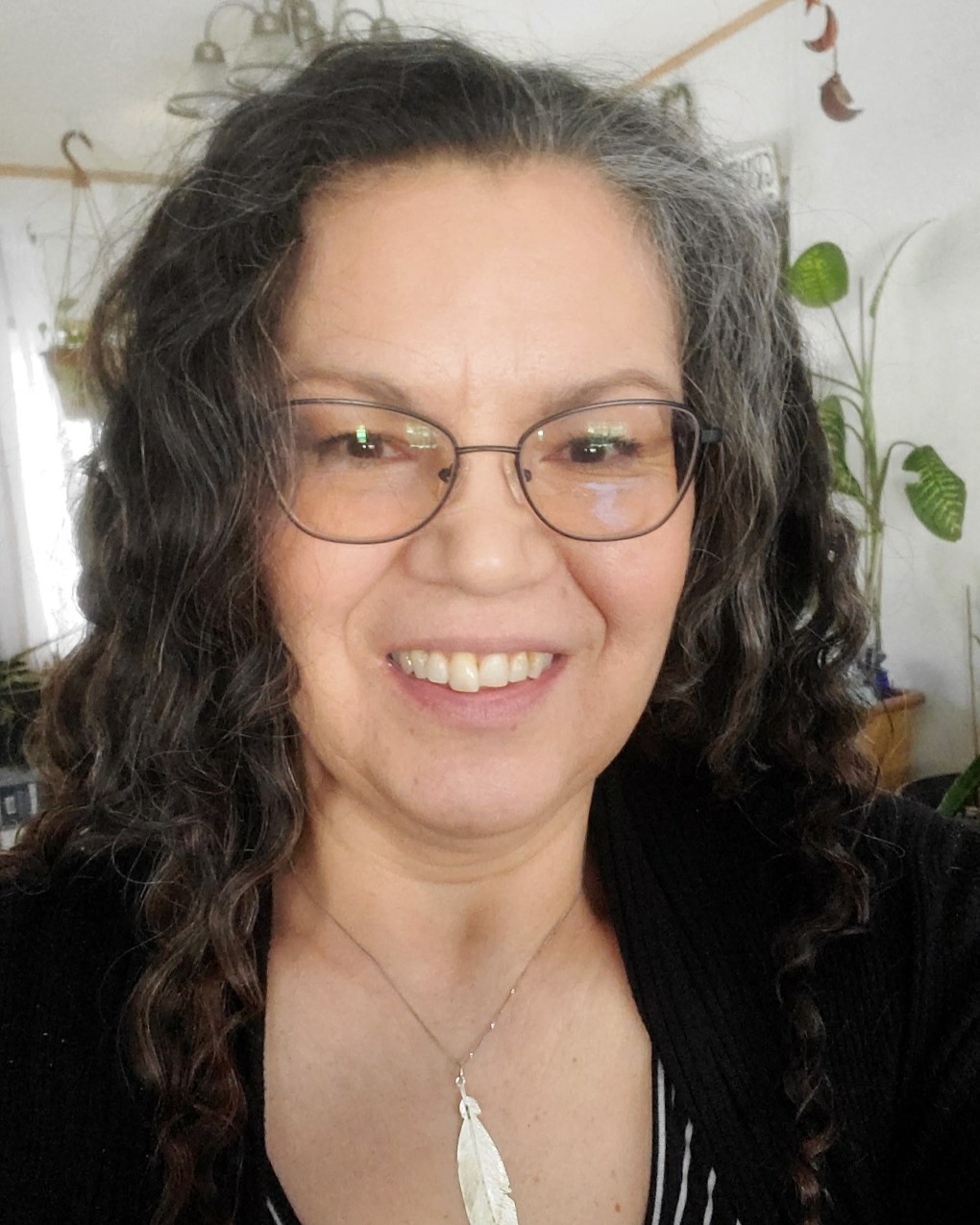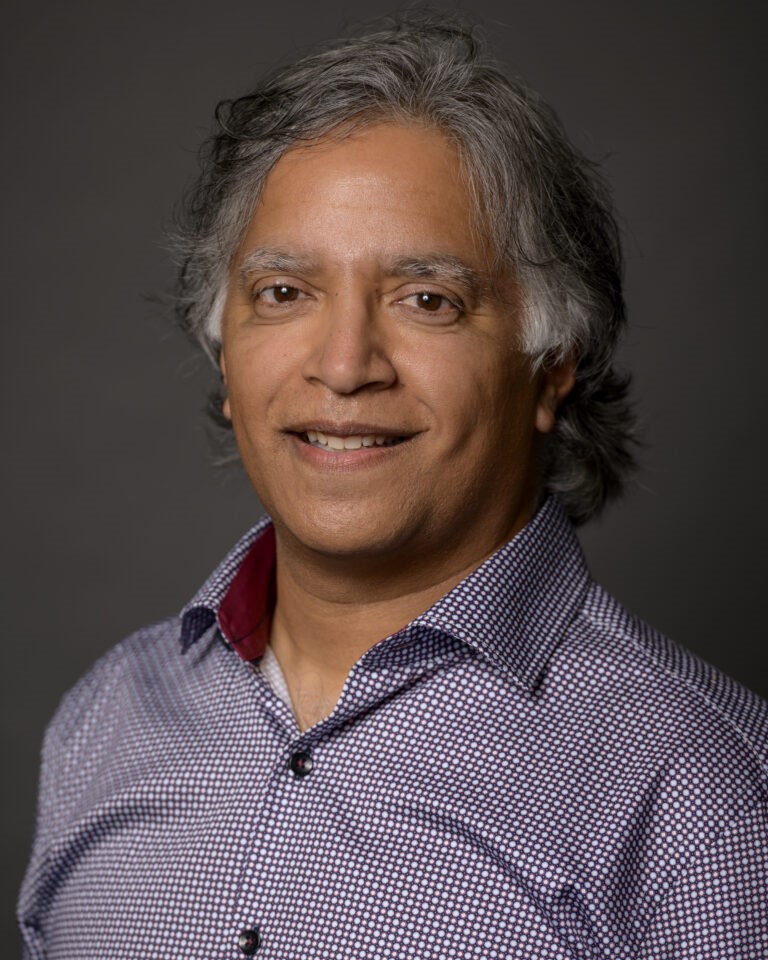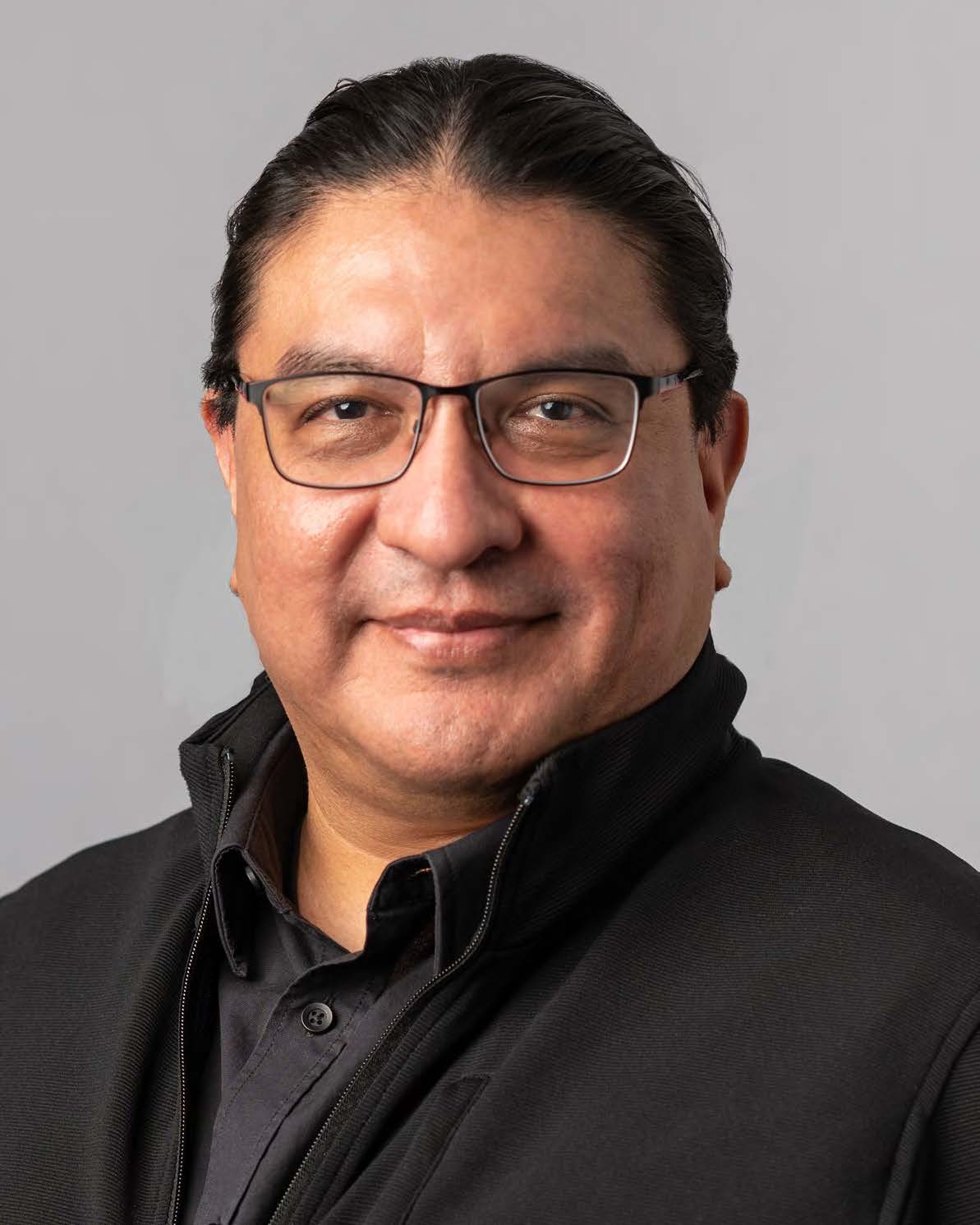
- This event has passed.
Nawh whu’nus’en – We see in two worlds: Trauma sensitive practices for collectively healing in relationship Level 1 (Jan 29)
January 29 @ 5:30 pm - 8:30 pm

* As this course is funded by the Joint Standing Committee on Rural Issues, we are currently prioritizing registration for rural health care professionals practicing in regulated clinical professions. Please note the registration dates below.
Until January 6, 2025: registration is open for currently practicing health care professionals who serve rural BC.
January 7 – January 29, 2025: general registration (depending on spots availability).
This course supports health professionals in rural British Columbia to meet new provincial expectations and standards around providing culturally safe care, including the College of Physicians and Surgeons of BC’s new Practice Standard — Indigenous Cultural Safety, Cultural Humility and Anti-Racism; recommendations expressed in In Plain Sight: Addressing Indigenous-specific Racism and Discrimination in BC Health Care (2020) and through reports from the Rural Coordination Centre of BC’s Site Visits with Indigenous communities, and the Truth and Reconciliation Commission of Canada’s Calls to Action for health.
The curriculum recognizes that health professionals and patients work in relationship, and a trauma-sensitive approach can help to build respectful, trusting relationships and connect with one another in a good way. The learning in this curriculum is directed inwards as well as outwards, inviting participants to learn not only about new approaches to practice, but also about themselves by reflecting on their own experiences of trauma and ways to support their own wellness.
This learning activity is based on a widely accepted understanding that trauma-sensitive practices are the basis for offering culturally-safe and respectful health services for Indigenous relatives. It draws on two-eyed seeing models, weaving together Indigenous ways of knowing with western trauma theory and neuroscience. It blends Dr. Michael Yellowbird’s work around neuro decolonization, Dr. Stephen Porges’ contributions around polyvagal trauma theory, and experiential Indigenous land-based healing practices to highlight the power of ceremony for reclaiming and maintaining wellness in body, mind and spirit.
Waziyatawin, Yellow Bird M. For Indigenous Minds Only: A Decolonization Handbook. Santa Fe: School of American Research; 2012.
Porges S. Polyvagal Theory: A Science of Safety. Frontiers in integrative neuroscience. 2022; 16: 871227-871227.
 Elder Cheryl Schweizer is a member of Tl’azt’en Nation and Frog clan. She has six children and twelve grandchildren. Elder Cheryl has been with the UBC CPD since 2020 to assist in the work on cultural safety and humility in rural BC along with Dr. Elder Roberta Price. Elder Cheryl also sits on the Provincial Elder Perinatal Substance Use Project committee where she supported the development of the Elders Visioning Perinatal Substance Use Elders Information Handbook. She also sits on the Elders Advisory Table with Community Living BC and was elected to the Prince George Native Friendship board as an Elder. She has worked closely with Elders since early 2000.
Elder Cheryl Schweizer is a member of Tl’azt’en Nation and Frog clan. She has six children and twelve grandchildren. Elder Cheryl has been with the UBC CPD since 2020 to assist in the work on cultural safety and humility in rural BC along with Dr. Elder Roberta Price. Elder Cheryl also sits on the Provincial Elder Perinatal Substance Use Project committee where she supported the development of the Elders Visioning Perinatal Substance Use Elders Information Handbook. She also sits on the Elders Advisory Table with Community Living BC and was elected to the Prince George Native Friendship board as an Elder. She has worked closely with Elders since early 2000.

Dr. Rahul Gupta is a settler born on the lands of the Anishinaabe people and now lives and works on the ancestral and unceded lands of the shíshálh and Sḵwx̱wú7mesh Nations. He works as an integrative medical physician, professional coach, mindfulness instructor, and advocate for provider wellness. He also is a Somatic Experiencing (SE) Practitioner and integrates trauma-sensitive approaches into all trainings. He has over 18 years of supporting healthcare providers and teams in cultivating compassionate self & situational awareness.
.jpg)
N’alaga (Avis O’Brien) is a Haida and Kwakwaka’wakw artist and consultant specializing in practices of decolonization through land-based healing practices, cedar bark weaving, and a lifetime of experience as a Haida & Kwakwaka’wakw woman navigating the world. N’alaga has dedicated years to preserving her cultural teachings by continuing the work of her ancestors and creating safe spaces for Indigenous people to learn, heal, and reclaim empowered states of being. N’alaga offers trauma sensitive, culturally safe processes for suicide and relapse prevention through an Indigenous lens.

Harley Eagle is Indigenous of Dakota & Ojibway ancestry originally from Saskatchewan. He has lived with his family at different times for over 25 years on Vancouver Island and is currently residing in the Traditional Territory of the K’ómoks Peoples. He is an Indigenous Cultural Safety consultant who facilitates workshops and sessions that explore and build a foundation of understanding that includes, an Indigenous perspective on Colonization, Addressing Systemic Racism & Trauma-Informed Practice. He also consultants with many organizations across several societal sectors to strengthen their Indigenous Cultural Safety capacity.
This curriculum consists of three consecutive levels. Registration is currently open for Level 1 and 2. You can choose to participate only in Level 1 or continue to Levels 2 and/or 3 once registration opens. Each level is a prerequisite for the level that follows.
Level 1 – Online introductory session (3 hours)
- Provides a brief overview and offers context for why this work is important, including past and present forms of oppression and genocide that caused Indigenous Peoples’ collective and individual, intergenerational trauma.
- Explains what trauma is and how it shows up in medical settings.
- Introduces foundational concepts in land-based healing, neuro decolonization and polyvagal theory.
- Explores implications of polyvagal theory for health care providers, patients and communities through sharing case examples and minor demonstrations
- Explores the power of co-regulation through Indigenous and trauma-sensitive practices, which physician learners can use moving forward in hospital and office settings.
- Provides space for discussion and questions.
Level 2 – Online in-depth sessions (three successive 2.5-hour sessions)
- Deeper dive into trauma, trauma-informed care, and somatic practice
- Practice of self-regulation
- Case studies
- Demonstrations of working with various survival physiology responses
- Ways trauma presents
- Shame
- Colonial mindset and colonial worldview
Level 3 – In-person land-based session (6-hour day)
- Nation-specific training developed in collaboration with and direction from Elders and community members
- Experiential land-based healing practices
Please contact Ievgeniia Rozhenko at ievgeniia.r@ubc.ca with any questions.


